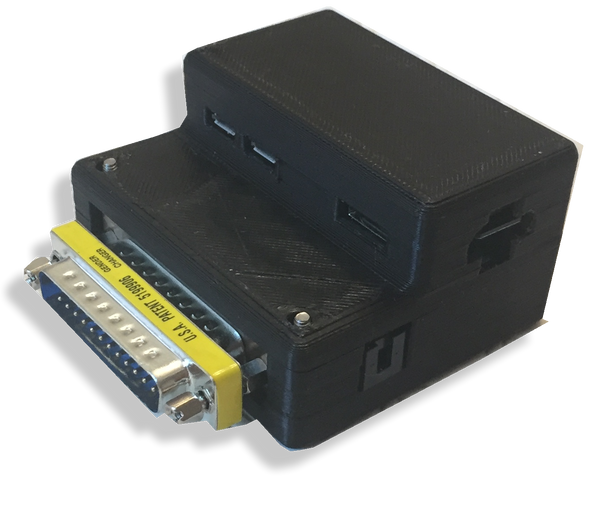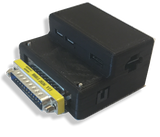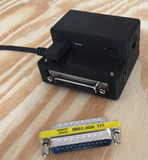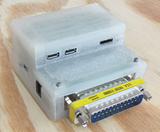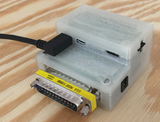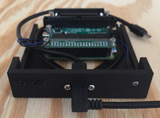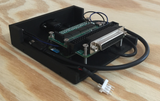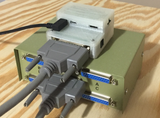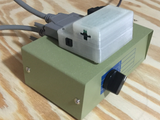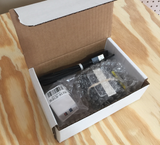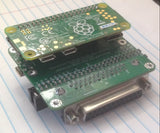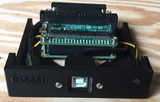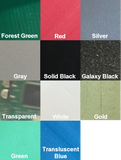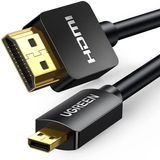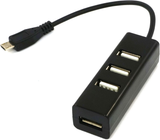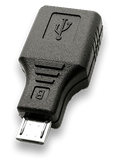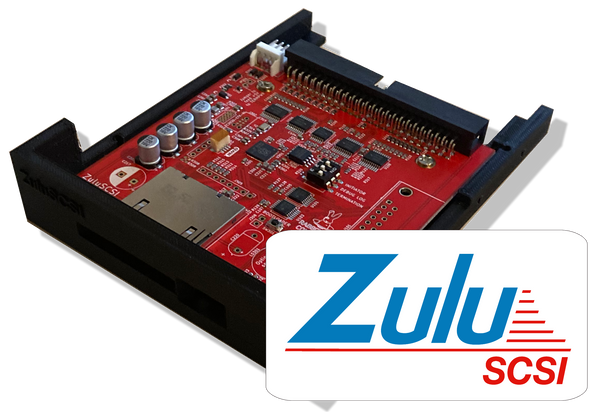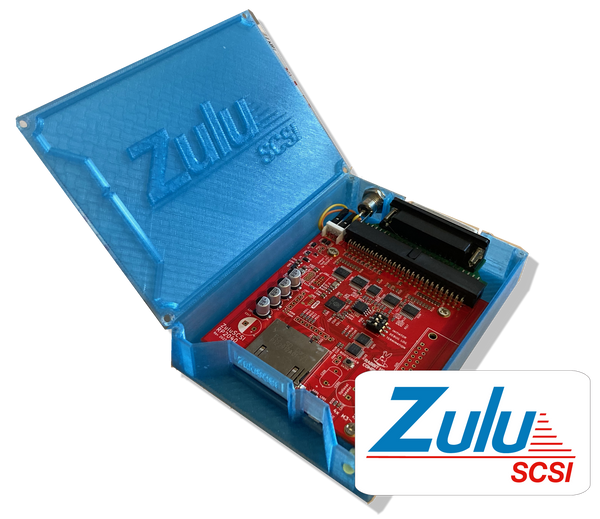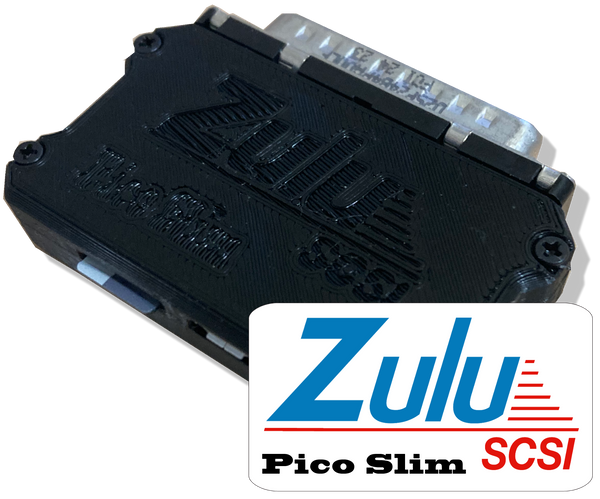PiSCSI/RaSCSI is a solid-state SCSI drive with a twist - it combines a functioning micro-computer - a Raspberry Pi Zero 2 W or a 1.1 WH- with a SCSI interface. The "media" that contains the data are images - large files that represent a disk or a CD. Even more interesting, you copy images onto the micro-computer via WiFi from your main computer. Then, use a special service program to assign images to each SCSI ID. This is its way of "inserting the media into the drive". Each SCSI ID represents an image - up to 7 for each SCSI ID.
(Note: PiSCSI is just the new name for RaSCSI, it's the same system.)
PiSCSI comes in external and internal flavors, and comes completely set up for you - plug and play - for your individual sampler. A 64GB microSD card stores the micro-computer's system and sampler images for you to use. The internal model can be powered internally (dependent on sampler power-cycle) or from the front panel (power is independent).
Pi Zero 2 is about 35% faster than the Pi Zero 1.1 WH. Other than that, they are identical.
The little things are included, such as a drive light LED when the SCSI is reading or writing, and a Male-Male adapter so you can plug it in directly to your sampler. (A SCSI cable is optional should you want to hook it up in regular fashion.) Also 4 rubber bumpers are included should you want to place it on a flat surface.
Also offered are optional 2-Way and 4-Way SCSI Switchers, which enables you to use a single PiSCSI to serve multiple samplers. These include your choice of SCSI cables.
Offered are option accessories like a USB Micro adapter, HDMI micro cables, and a USB hub that uses the USB micro plug.
Instructions are included to access PiSCSI from your computer, for the services to attach/detach images to ID's, plus a couple other cool functions.
Check out your choice of case colors too!
Note: Chicken PiSCSI SD Drive is fully approved by the copyright holders. PiSCSI is a Open Source BSD 3-Clause project, which details can be be accessed here.
Technical Information
Compatibility: firsthand confirmed with most SCSI music samplers and drum machines. (Note: there continues to be problems with the Akai S1000-type of samplers.) No firsthand information has been obtained yet with DAW's such as Roland VS280 and Akai DPS16/24. We believe all untested hosts should work; if you'd like to try one out, order and if there are issues, return for a full refund.
Speed and Performance: Comparable to common speeds enforced by all hosts. The host's (the samplers) are older and are the ones responsible for speed. PiSCSI allows for higher throughput speed but the older hosts (the samplers) do not take advantage. Nevertheless, you will never ever notice PiSCSI as "slow". Plus, the new Pi Zero 2 W is faster than it's predecessors.
ZuluSCSI Comparison
Obviously a big question is whether PiSCSIor ZuluSCSI is right for you and best for your workflow and preference. Some users like using many GB of data, some like a simpler less-file approach. Some like the geekiness of the WiFi access, some find it a hassle. PiSCSI is generally less expensive. The decision is up to you; below are some of the things to consider. We regard PiSCSI as right for some users, ZuluSCSI right for other users.
Pros
- For proprietary formats (Akai, Emu, Ensoniq, etc.) or file systems with size limits (ASR-X, K2000) you can have many images at the ready, and easily and virtually assign them to the SCSI ID's without SD cards lying around.
- Installing PiSCSI to rack samplers, and with the WiFi connection, means you never normally have to physically access the unit, ever.
- Dealing with proprietary formats on images is faster and less hassle than writing proprietary information on SD cards.
Cons
- Boot time runs about 2 minutes (ZuluSCSI is instantaneous); so loss of power to PiSCSI is a more serious problem. You will want to make sure your PiSCSI is always powered
- Status is unknown unless you look at the drive via the WiFi interface (SCSI2SD is assured to always be ready and working)
- Usage is thus more complicated (you always know what is on your SD cards, given proper marking)
- Transmission time via WiFi is lengthy (although with SCSI2SD, writing proprietary info to SD card can be just as lengthy)
Partial Compatibility List (please contact us for any you don't see): Akai: S1000-type, S3000-type, S950, S5000-type, Z-type, MPC60, MPC3000, MPC2000, MPC2000XL. Roland: S550, W30, JS30, S700-type, XV5080. Emu: E4, ESi, E3, Emax II. Ensoniq: EPS, 16-PLUS, ASR-type, TS-type, ASR-X. Kurzweil: K2000, K2500, K2600-type. Yamaha: Motif, RS7000, SU700, A-type. Korg: Triton. Peavey, Dynacord, Synclavier, Fairlight.

